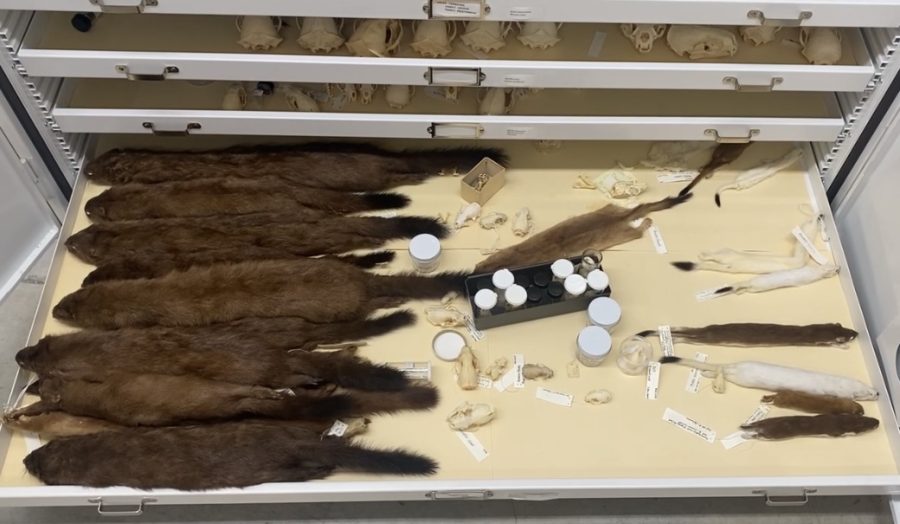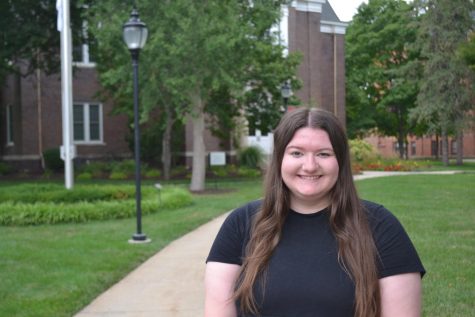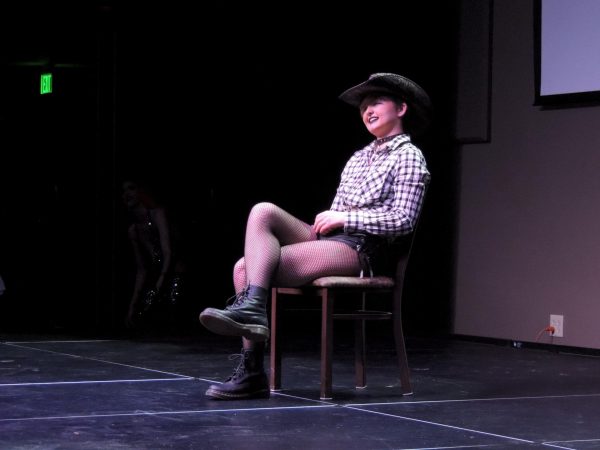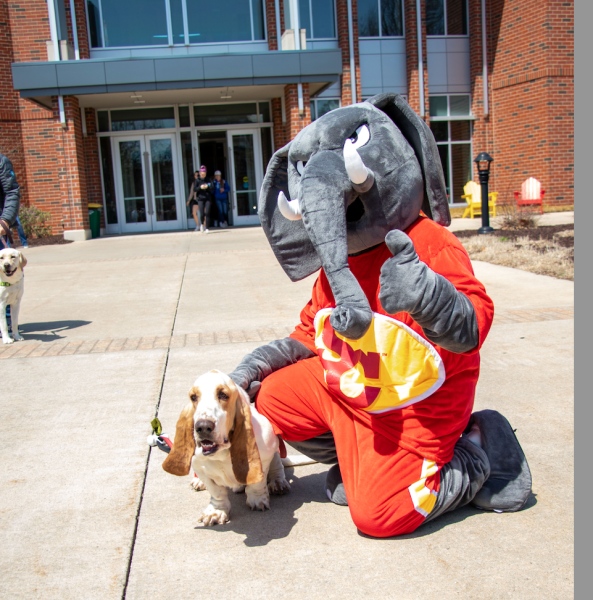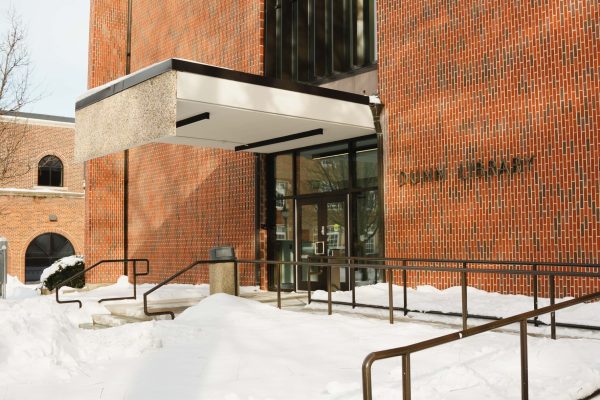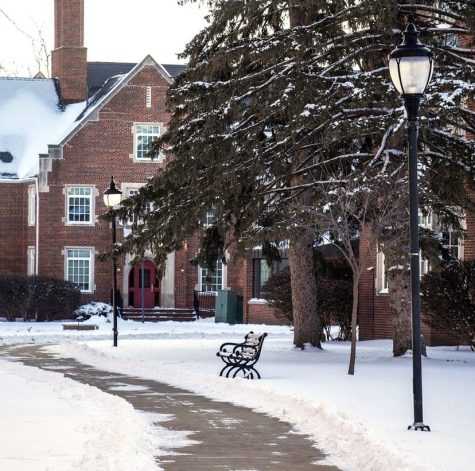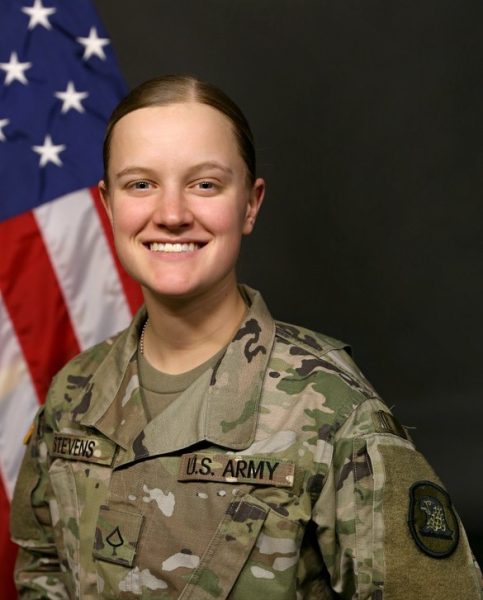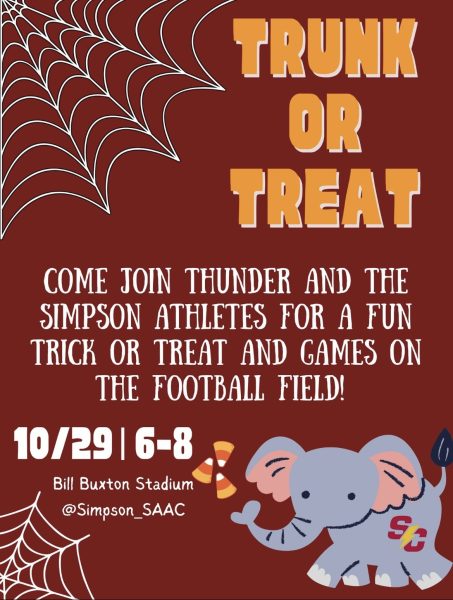Biology 350: An interesting way to earn extra credit
Museum specimens made in Mammology class with Ryan Rehmeier.
November 16, 2022
Professor Ryan Rehmeier, department chair of Biology and Environmental Science, provides an interesting opportunity for students to earn extra credit in Biology 350 (Mammalogy), which involves roadkill.
Students were able to collect roadkill they had found and bring them to class to create museum-grade specimens. Students also learned about every mammal in Iowa’s scientific name and how to identify them by their skulls and skins. This is something Rehmeier has done since his first academic year at Simpson College in 2007
“I was really excited. I thought it was really cool that we were able to make scientific specimens. It was good to see these animals up close and personal. You typically don’t get to see these kinds of animals every day,” Kylie Tierney, a previous student of the class said.
Tierney’s dad is a retired game warden officer. “I texted my dad about finding roadkill and asked if he saw any if he would pick them up and take them home for me. So that made it easier,” she said. “I ended up bringing an otter, a beaver, a bobcat, two foxes, a groundhog and a rabbit.”
Anna Lopez, a student who has also taken the course explains her encounter. “I was just driving down the road near a creek, and I saw it [a mink]. I knew it was worth a good amount of points, so I picked it up and brought it back to my apartment.”
Rehmeier provided his students with a roadkill kit that includes gloves and a bag to ensure this process is done in a safe manner. Along with the roadkill kit, there is a permit from the DNR that gives legal permission to Rehmeier and his students to be handling the specimens and allows them to be picked up. Thus, proving that it is for educational purposes.
“They learn how to do this so that they respect the specimens as previously living organisms and fragile things that, if not handled properly, can break,” Rehmeier said.
“The thought of us cleaning roadkill in class and having to go collect it on our own was a little weird, but also interesting to get that opportunity,” Lopez said.
This course is typically only for upperclassmen students who have previous knowledge in the field so that they already know how to respect these organisms and deal with them in the most humane ways.
“I think it was interesting to be able to appreciate roadkill and use it in a practical way,” Lopez said. “Because most of the time, it just kind of rots on the side of the road but we were able to bring it in and use it in a scientific manner.”



